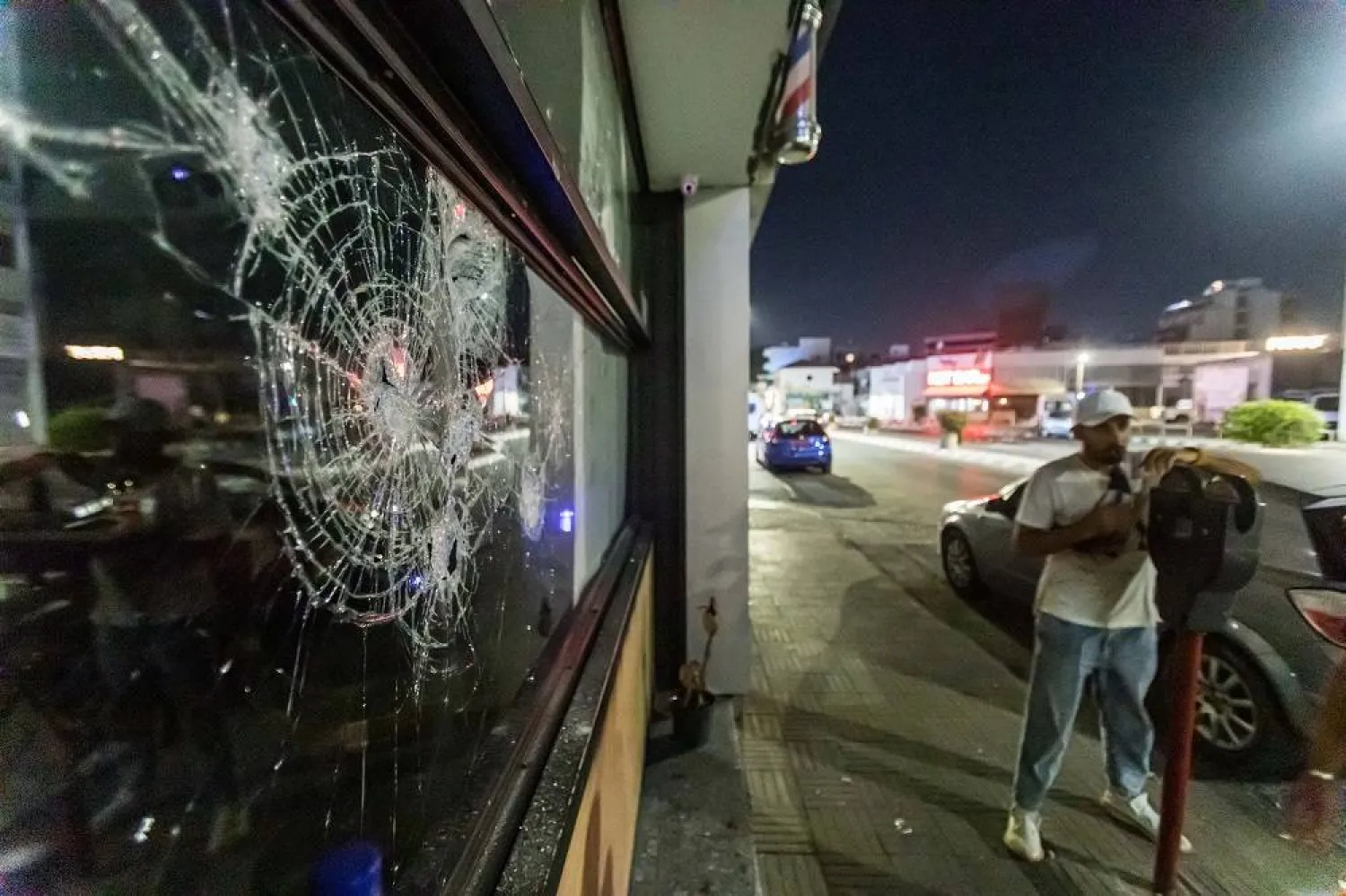Cyprus has formally called on the European Union to re-evaluate which areas of Syria can be declared safe and free from armed conflict so that Syrian migrants can eventually be repatriated there, the Cypriot Interior Ministry said Friday.
Interior Minister Constantinos Ioannou was the sole official to raise the issue during July’s informal gathering of his EU counterparts in Spain. No other EU nation has taken a formal position on safe zone re-evaluation, the Interior Ministry told The Associated Press.
Cyprus is fronting the re-evaluation bid because it says its proximity to the region has now made it a prime destination for Syrian migrants.
Ethnically divided Cyprus, with a population of nearly a million in the southern, internationally recognized part where migrants seek asylum, says migrants now comprise 6% of its population – much higher than the average in other EU member countries.
War-torn Syria has for the past 12 years has been designated as an unsafe country where indiscriminate violence poses a real risk to the safety of its citizens. The threat makes them eligible for international protection status which enables them to live and work in third countries.
The government of Cyprus is proposing that the EU initially re-examines whether conditions on the ground in Syria – or parts of the country – have changed enough for Syrians to be safely repatriated.
The practicalities of how such repatriations would take place could be decided at a later stage. One possibility would be to start repatriations of Syrians who hail from the declared safe zones, according to the Cypriot Interior Ministry.
Some 40% of 7,369 migrants who have applied for asylum in Cyprus in 2023 until the end of August are Syrians.
The European Union Agency for Asylum says there’s “no real risk” to civilians from indiscriminate violence in only one of Syria’s 13 regions – Tartus. In another four, including Latakia, Damascus, Homs and Quneitra, indiscriminate violence isn’t “at a high level.”
The United Nations refugee agency says it’s not currently either “facilitating or promoting refugee return” to Syria, noting that refugees have the right to return to their homeland “at a time of their own choosing.”









